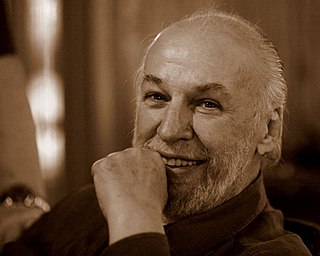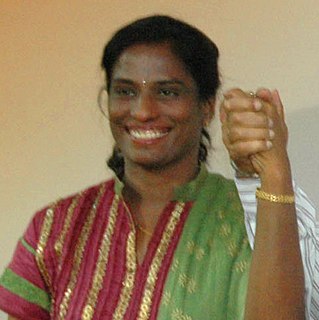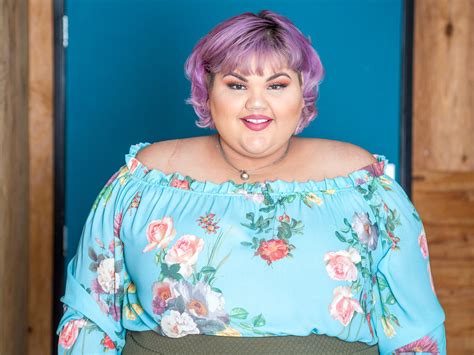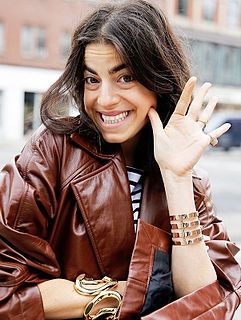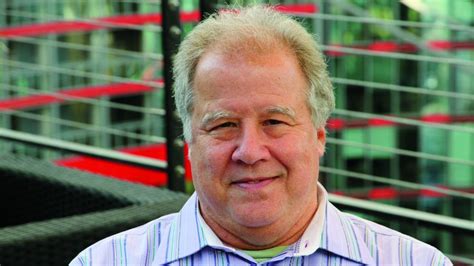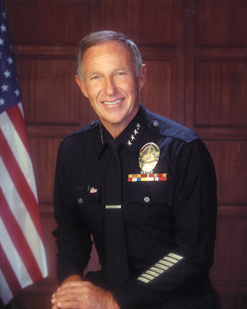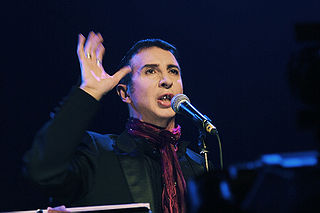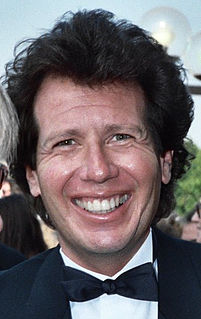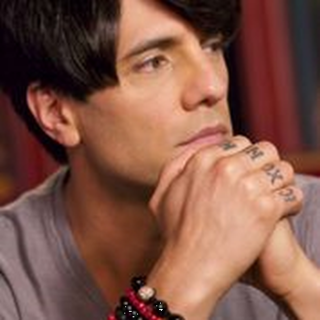A Quote by Melissa Leo
You know, when I got started on television in the '80s, you would go to the costume department, and if you were a female they put you into a skirt. And you had a pocketbook, usually a shoulder bag.
Related Quotes
I had promised myself when I first got started that if I got to the point my life where I started feeling 'Gee, I'd rather be at home than at work', and that started happening more often than not, that it would be time to leave. I'd wake up some days and go "Oh, I don't even know if I want to go face this anymore". I would, I would go do it, I'm a dutiful kind of person and not afraid of work.
I got into television criticism because I thought it would be easier than film criticism. Film, you had to know 100 years of history, and TV you only had to know 40 when I started. And I thought, "Well, that's going to be so much easier." But film stayed pretty much the same. And television has changed so many times that my head hurts. So I made the wrong call there.
My second or third year in the engineering department, I got very frustrated, and I sat down with myself and had a soul-searching conversation with myself and said, 'What I'd really like to do is see if I can write comedy.' ... I moved to L.A. stone cold. Didn't know anybody; didn't know how to go about it. Really started from scratch.
Jazz stopped being creative in the early '80s. After your acoustic era, where you had the likes of the Miles Davis Quintet, when it gets to the '70s it started being jazz fusion where you had more electronic stuff happening, then in the '80s they started trying to bring back the acoustic stuff, like Branford Marsalis and the Wynton Marsalis & Eric Clapton sextet. It started dying down from there. Miles was still around in the '80s and he was still being creative; he was playing Michael Jackson songs and changing sounds, but a lot of people were still trying to regurgitate the old stuff.


